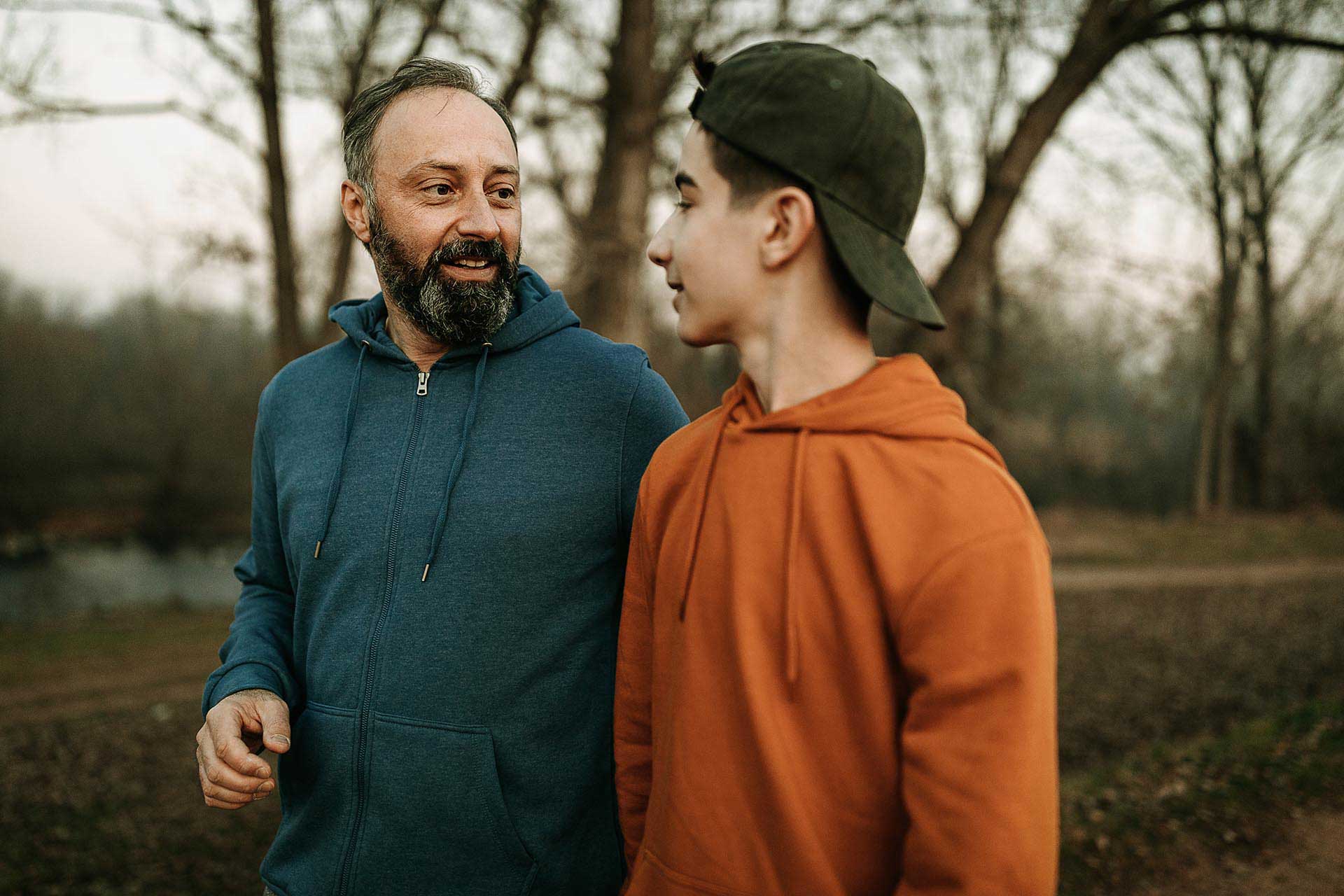‘If it was my daughter’: Scott Morrison, Brittany Higgins and the problem with viewing women through kinship
While Victoria is looking to the end of lockdown (and to be fair, we are too), we’re still thinking about this week’s parliamentary scandal over former Liberal staffer Brittany Higgins’ rape allegations against an unnamed male colleague, as well as Scott Morrison’s comments on the matter.
It’s a positive move that Scott Morrison says he will be implementing new processes, with the aid and advice of women, to improve the handling of complaints such as these – but we fear it won’t be enough. First, there’s the fact that the follow up meeting between Ms Higgins’ and her department head was held at the scene of the alleged rape, to which Scott Morrison could only say, ‘That should not have happened and I do apologise.’
But we’re especially perturbed by his comments that his wife was the one to prompt him to further action, and that he needed to frame the issue through imagining how he would feel if it was his daughter. The Prime Minister said that his wife, Jenny, had urged him on Monday night to respond to the issue ‘as a father first – what would you want to happen if it were our girls?’, adding that ‘Jenny has a way of clarifying things.’
Why did he need his wife to ‘set him straight’? Would he not have been able to access empathy for this woman without imagining his daughter in this situation? What if he only had sons?
This kind of thinking is deeply problematic, and a classic example of how our society’s patriarchal views turn women into objects. We see this at work when men, or people in general, can only access empathy for women through the lens of kinship (if it was my daughter/mother/wife/sister). In this way, women only become human and therefore can only be empathised with when placed into the context of meaningful family relationships. But we are all human and deserving of empathy and dignity—regardless of gender or any other feature—and we shouldn’t have to be reminded by others that this is true. We shouldn’t have to place someone ‘in context’ to be able to access that empathy.
Then, of course, there’s the issue that this woman’s career is over – or at least derailed – while the unnamed perpetrator is likely facing little consequence. Perhaps a reshuffle to a different department? It’s great to see that Scott Morrison will introduce new processes within parliament that will allow sexual assault victims to speak out more easily. But without greater change to how rape is viewed within politics and society, and changes to the treatment of the victims, usually women, who speak out – we can’t create meaningful progress.
Further reading
- Consent Parenting
- Culture Reframed (parents’ program)
- secasa.com.au & casahouse.com.au (centres against sexual assault)
- eSafety Commissioner (image-based abuse or cyber bullying)
- familyzone.com.au (filter products, help service/desk)










